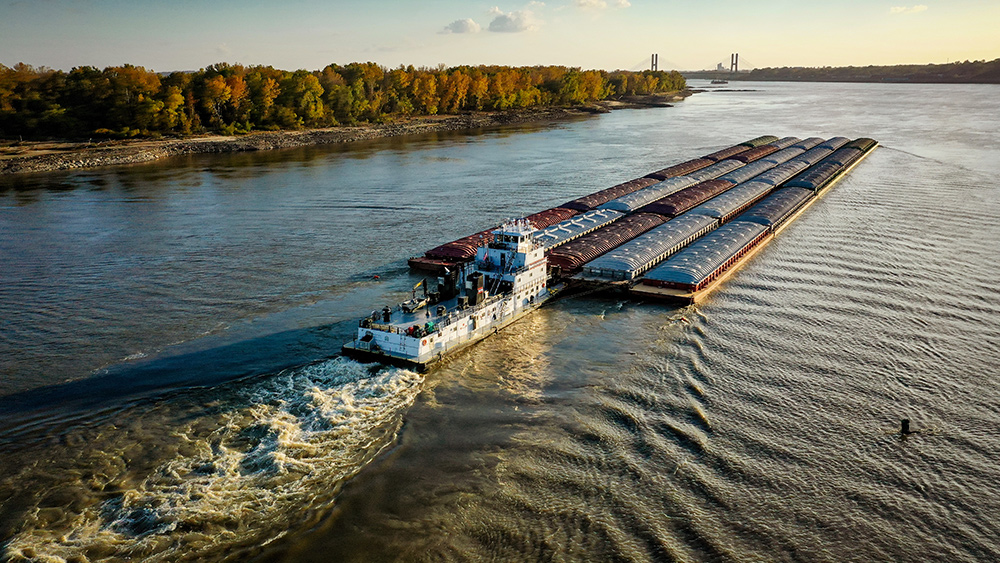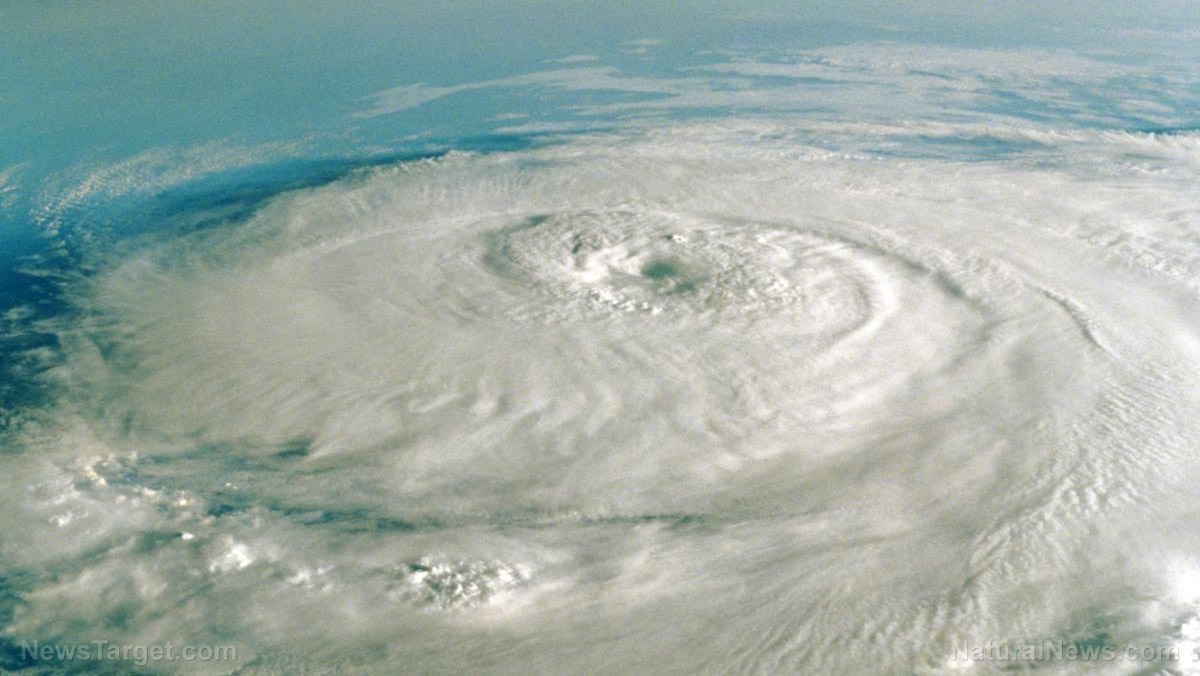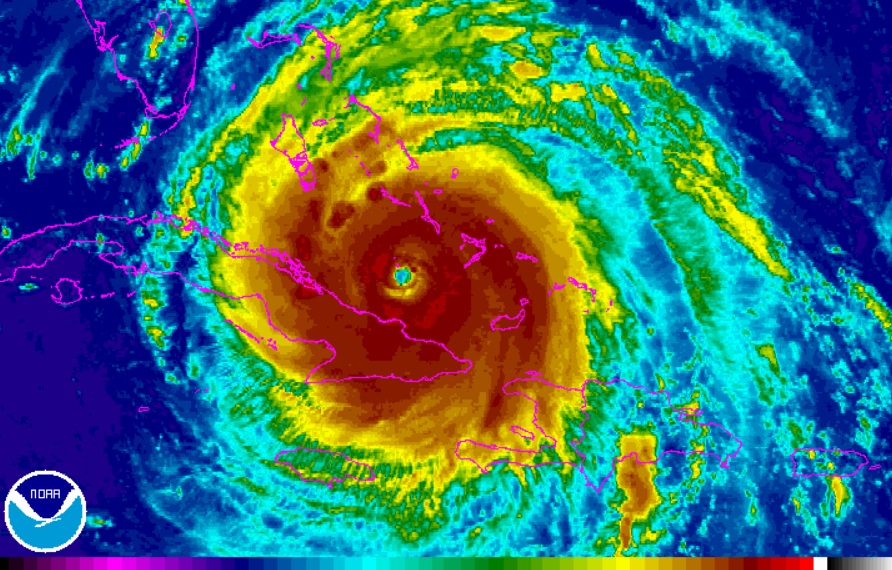Food supply woes persist: Grain shippers delay deliveries amid barge quagmire
11/01/2022 / By Mary Villareal

Grain shippers have delayed deliveries until later in the year amid uncertainty about when barge traffic will normalize. This has softened the demand for barges, with the St. Louis barge spot rate falling to $72.58 per ton in the week of October 18 from its peak of $105.85 per ton in the week of October 11.
Still, the spot rate is up 130 percent from last year and up 260 percent from the three-year average as the limited rains across the South and the Midwest dropped the water level on the Mississippi River to levels that have become too shallow for many barges to navigate effectively.
The water levels on the Lower Mississippi River also continue to be an issue, with the river gauging at Memphis dropping to a new record low of -10.76 feet, slowing the delivery of grain barges to export terminals along the Gulf Coast, where around 60 percent of U.S. crop exports exit the country.
Meanwhile, low water levels on the Ohio River have delayed barge traffic due to groundings and closures for dredging work. Periodic closures for dredging as well as tow and draft restrictions are expected to persist through October based on forecast precipitation. (Related: BARGE-POCALYPSE unfolding as rivers DRY UP, leaving farmers and coal producers with no transportation.)
The Federal Maritime Commission (FMC) requested comments on a notice of proposed rulemaking (NPRM) on October 14, discussing the demurrage and detention (D&D) billing practices of vessel-operating common carriers, non-vessel-operating common carriers and marine terminal operators.
If adopted, the proposed rule would require these billing entities to clarify the nature of their charges and charge only the parts they have contracts with.

Moreover, the billing entities would be required to issue invoices within 30 days after the accruing charges stop, allow 30 days to dispute the charges and provide clear information on how to dispute such charges.
More specifically, the NPRM proposed adopting the list of minimum information to be included in D&D invoices as well as information that should be added to the lists.
To further define prohibited practices, the NPRM also proposed to clarify which parties may be appropriately billed for D&D charges and establish required practices for invoicing such D&D charges.
Iowa waives truck weight limit to transport more harvest
Iowa Governor Kim Reynolds signed a proclamation on September 30 that relaxed the weight limits and transportation of grain, fertilizer and manure until October 30. During this exemption period, the weight limit and permit are waived for vehicles up to 90,000 pounds in gross weight that transport corn, soybeans, hay, straw, silage, over, dry, liquid and gas fertilizer and dry and liquid manure.
Besides expanding the gross weight limit, the waiver also covers those vehicles that do not exceed the maximum axle weight limit of 20,000 pounds by more than 12.5 percent, as long as they comply with posted limits on roads and bridges. Moreover, the waiver is said to apply to loads transported on all highways within Iowa, except for the interstate highway system.
For the week ending on October 6, unshipped balances of wheat, corn and soybeans for the marketing year 2022-2023 totaled 39.07 million metric tons (mmt), down 23 percent from the same time last year and already down two percent from the previous week.
Net corn export sales for the marketing year 2022 to 2023 were also down 0.200 mmt, down 12 percent from the previous week. Meanwhile, net soybean export sales were at 0.725 mmt, down seven percent from the previous week, while net weekly wheat export sales were at 0.212 mmt, down eight percent from the previous week.
Barged grain movements totaled 639,768 tons for the week ending October 15, which was one percent less than the previous week and 21 percent less compared to the same period in 2021.
For this same week, 414 grain barges moved down the river, which is 13 fewer barges than the previous week. There were also 715 grain barges unloaded in the New Orleans region, 50 percent more than the previous week.
Visit SupplyChainWarning.com for more updates about the global supply chain crisis.
Watch the video below to learn more about how water levels can affect supplies from barges.
This video is from the TNFMWORLDNEWS channel on Brighteon.com.
More related stories:
Water levels rapidly declining in the Mississippi River, threatening corn and soybean exports during this crucial harvest season.
Mississippi River drought wreaks havoc across America’s supply chains.
Sources include:
Submit a correction >>
Tagged Under:
barge spot, barges, Climate, Collapse, disaster, Drought, economic collapse, economics, economy, environment, food supply, Mississippi River, supply chain, supply chain crisis, supply costs, transportation
This article may contain statements that reflect the opinion of the author




















